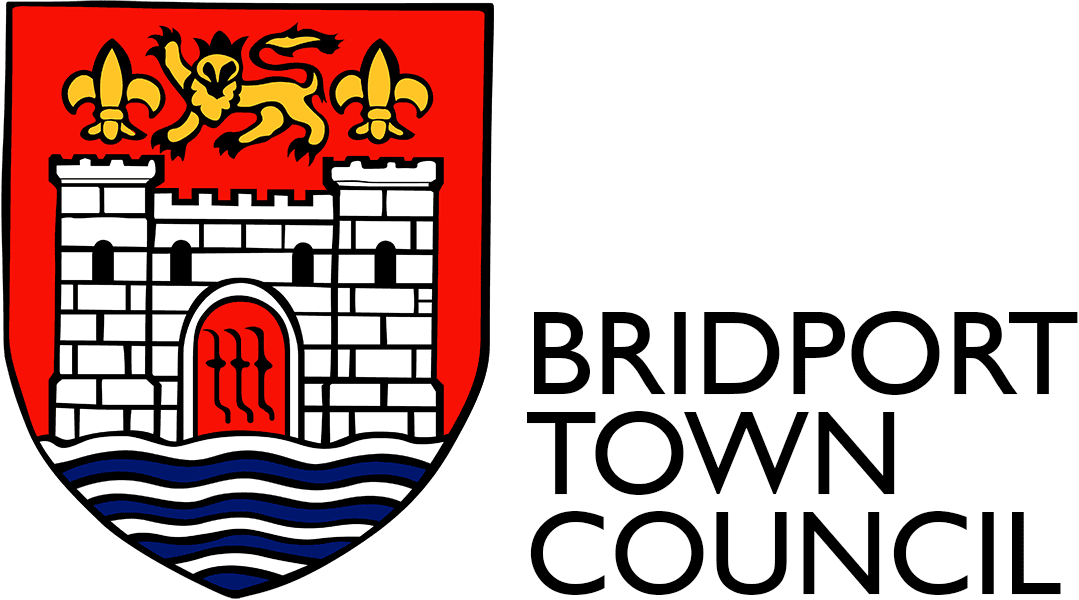
Media Statement – 13 August 2021
Town Council Calls For Climate Change Priority in Planning
Bridport Town Council has urged Dorset Council to adopt a more flexible approach when considering planning applications for energy reduction measures to address the climate crisis, particularly on listed buildings.
A letter from the Town Council to Cllr David Walsh, Dorset Council Portfolio Holder for Planning, describes the climate crisis as being “of overriding public importance” and calls for a review of the way planning policy is interpreted so that measures such as double glazing and solar panels can be fitted to listed buildings and other heritage assets.
Town councillors expressed their frustration at a meeting in July, after hearing that Dorset Council had refused permission for three double glazed windows to be installed at a listed property in South Street, a proposal supported by the Town Council. The decision stated that double glazing was unacceptable – despite the design being similar to that of the existing single-glazed windows. Cllr Dave Bolwell, Chairman of the Town Council’s Planning Committee said “This is the latest in a long line of refusals that have prevented local residents and businesses from improving energy efficiency in their homes and premises, often with changes that would not be visible from the street. In Bridport, where we have about 500 listed buildings, we need a more flexible approach so that we can contribute to addressing climate change and so that the owners can reduce their energy bills.”
The letter also expresses concern that decisions are often made without being referred to Dorset Council’s full Planning Committee. Cllr Kelvin Clayton, Chairman of the Town Council’s Environment & Social Wellbeing Committee said “The extent of the climate emergency is such that elected local councillors must be given the opportunity to challenge officers who recommend refusal for energy-proofing measures. In this latest case the refusal was agreed solely by a Planning Officer and the Vice Chairman of the committee, despite the application being supported by the Town Council and despite a request from two Dorset Council members for Bridport that it be looked at by the committee. This is a denial of democracy and accountability and is completely unacceptable.”
Agreeing with Cllrs Bolwell and Clayton, Town Council Leader Cllr Dave Rickard said “We simply cannot go on like this. In the run-up to the COP 26 summit later this year, where the UK government will be calling on other countries to step up and address climate change, it is unthinkable that at a local level people are quite literally being prevented from doing their bit by a public authority. Dorset Council needs to ask itself why anyone should take their declaration of a climate emergency seriously, when at the same time they are undermining efforts that would contribute to the solution. We’re not anti-conservation, we do want to preserve our heritage as far as is practical, but we do want to see a more realistic approach. What is the point in conserving buildings while we continue to destroy the planet? Heritage double glazing units are in most cases indistinguishable from a public view from single glazing, they do however make keeping a listed building warm and dry, easier and cheaper, and therefore have a key role in preservation of its fabric. Solar panels are temporary structures (normally exempt from stringent Listed Building interpretations) and are effectively grey, matching in with the ubiquitous slate roofs that cover most of our listed buildings in Bridport. When on a back roof, not on the street scene and unseen by 99.9% of the population, how can they be considered to be endangering the heritage? This is sheer nonsense and needs rapid rethinking. Two years after declaring a national climate emergency the Government has yet to change National Planning Policy to enable Councils to lead the way – this is frankly a dereliction of duty and must be challenged with universal condemnation and planning authorities should be leading that challenge.”
You can read the full text of the letter to Dorset Council here.

